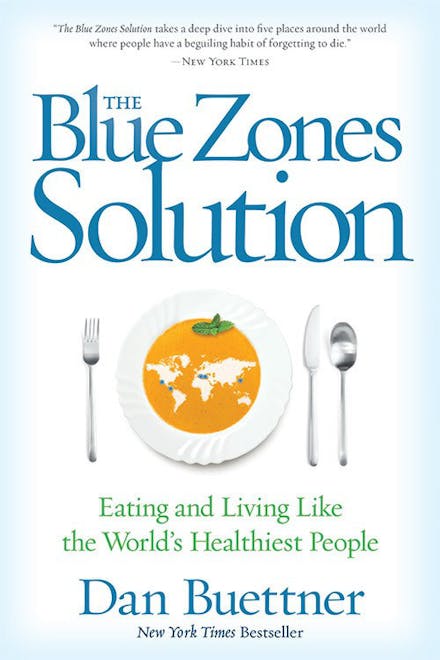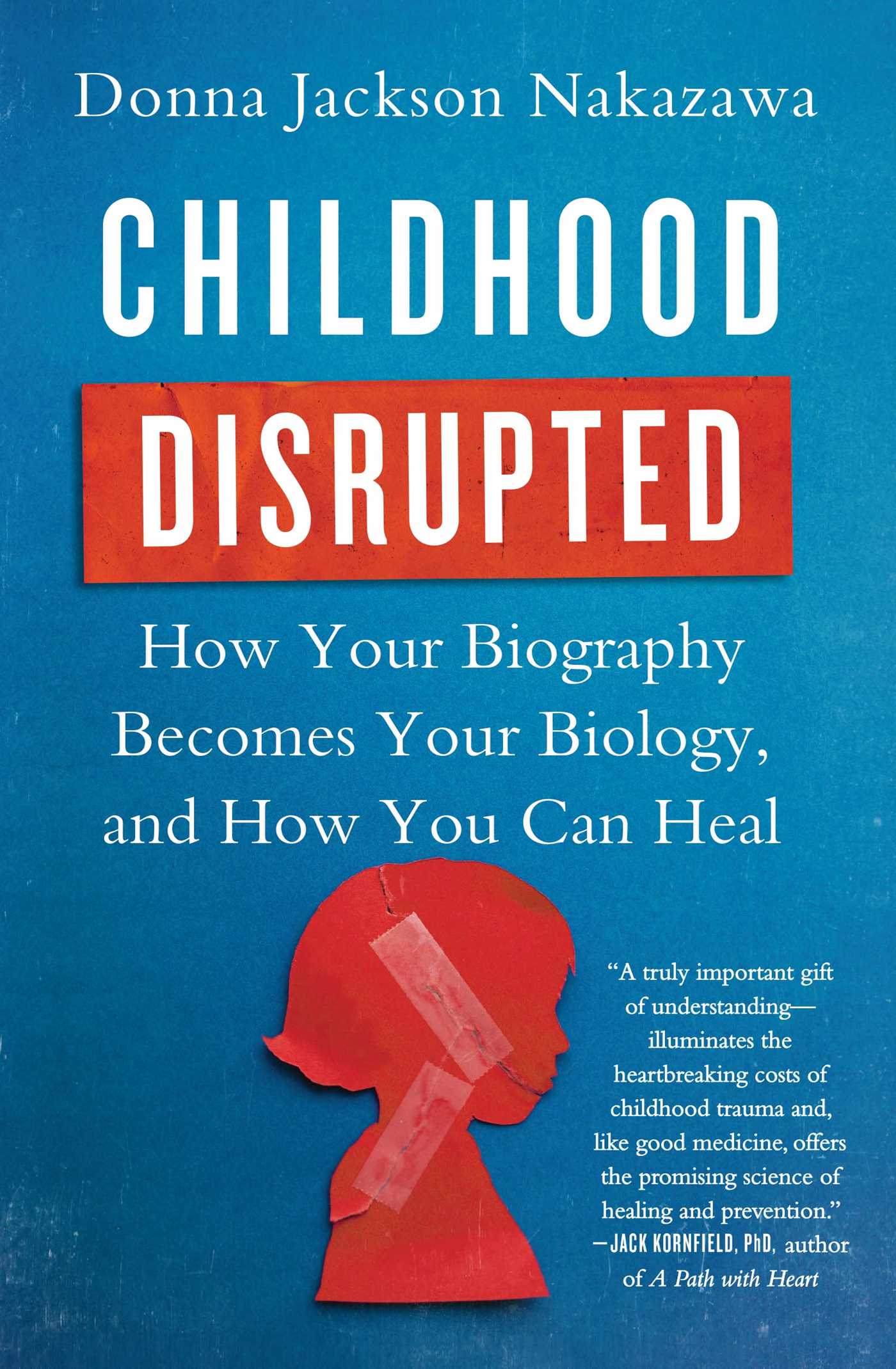Developing the mysterious condition in the 96% of people who do not have it may help to improve learning skills, aid recovery from brain injury and guard against mental decline in old age
YOU MIGHT ALSO LIKE
CLEAR ALL
BY TOPIC
BY TEACHER
BY TYPE
FILTER

TOPIC
- Physical Health (41)
- Emotional and Mental Health (29)
- Relationship Challenges (29)
- Child’s Autism (26)
- Romantic Relationships (25)
- Self-Discovery (24)
- Learning Styles (23)
- Imagination and Creativity (22)
- Parenting (22)
- Memory (21)
- Belonging (20)
- Brain Health (20)
- Child’s ADD/ADHD (20)
- Communication Skills (20)
- Diet and Nutrition (20)
- Mind-Body Connection (20)
- Synesthesia (19)
- Anxiety (18)
- Longevity (18)
- Young Adult Well-Being (17)
- Children’s Well-Being (16)
- Transitions (16)
- Connection (15)
- Neuroplasticity (15)
- Dementia (14)
- Depression (14)
- Friendship (14)
- Women’s Well-Being (14)
- Highly Sensitive People (13)
- Stress (13)
- Well-Being (13)
- Relationship with Time (12)
- Retirement (12)
- Science and Spirituality (12)
- Cognitive Psychology (11)
- Growth Mindset (11)
- Self-Development (11)
- Trauma (11)
- Autoimmune Disease (10)
- Meditation (10)
- Self-Actualization (10)
- Chronic Health Conditions (9)
- Family Dynamics (9)
- Happiness (9)
- Marriage (9)
- Search for Purpose (9)
- Athlete Well-Being (8)
- Cognition (8)
- Exercise (8)
- Facing Own Death (8)
- Midlife Crisis (8)
- Mindfulness (8)
- Neuropsychology (8)
- Psychology (8)
- Self-Acceptance (8)
- Access to Education (7)
- Altered States (7)
- Buddhism (7)
- Consciousness (7)
- Creative Well-Being (7)
- Decision Making (7)
- Habit Formation (7)
- Identity (7)
- LGBTQIA Well-Being (7)
- Living with Illness (7)
- Offering Support to Others (7)
- Self-Care (7)
- Self-Reliance (7)
- Sex (7)
- Trauma Healing (7)
- Work Challenges (7)
- Child’s Emotional Growth (6)
- Child’s Trauma (6)
- Collaboration (6)
- Emotional Intelligence (EQ) (6)
- Energy Healing (6)
- Habits of Mind (6)
- Honoring Emotion (6)
- Human Potential (6)
- Illness and Injury (6)
- Intimacy (6)
- Polyvagal Theory (6)
- Problem Solving (6)
- Psychedelic Research (6)
- Resilience (6)
- Social Anxiety (6)
- Social Presence (6)
- Spiritual Growth (6)
- Stress Management (6)
- Biohacking (5)
- Caregiver Well-Being (5)
- Child’s Challenging Behavior (5)
- Chronic Pain (5)
- Empathy (5)
- Finding Meaning (5)
- Healthy Eating (5)
- Living as an Empath (5)
- Perception (5)
- PTSD (5)
- Self-Reflection Practices (5)
- Sexuality (5)
- Addiction (4)
- Confidence (4)
- Death and Dying (4)
- Epigenetics (4)
- Female Empowerment (4)
- Focus (4)
- Inflammation (4)
- Integrative Medicine (4)
- Joy (4)
- Lifestyle Medicine (4)
- Mentoring (4)
- Mindfulness Meditation (4)
- Negative Self-Talk (4)
- Productivity (4)
- Psilocybin (4)
- Religious Experience (4)
- Self-Esteem (4)
- Self-Healing (4)
- Shadow (4)
- Social Justice (4)
- Willpower (4)
- Work Relationships (4)
- Acceptance (3)
- Activism/Service (3)
- Adaptability (3)
- Animal Connection (3)
- Authenticity (3)
- Awareness (3)
- Challenges with Teens (3)
- Changes in Libido (3)
- Chronic Fatigue (3)
- Disabled Well-Being (3)
- Dysfunctional Childhood (3)
- Embodiment (3)
- Entrepreneurship (3)
- Fasting for Health (3)
- Fellowship and Community (3)
- Fiction (3)
- Freedom (3)
- Guided Meditation (3)
- Healing Approaches (3)
- Homophobia (3)
- Inner Life (3)
- Kindness (3)
- Letting Go (3)
- Loneliness (3)
- Love (3)
- Memoir (3)
- Mental Health Challenges (3)
- Nutritional Medicine (3)
- Relationship with Money (3)
- Self-Expression (3)
- Self-Mastery (3)
- Self-Pressure (3)
- Sleep (3)
- Social Responsibility (3)
- Somatic Experiencing (3)
- Transcendent Experience (3)
- Transformation (3)
- Trauma-Informed Therapy (3)
- A Course in Miracles (2)
- Animal Communication (2)
- Astral Projection (2)
- Attachment Theory (2)
- Cancer (2)
- Clinical Depression (2)
- Compassion (2)
- Criticism and Rejection (2)
- Curiosity (2)
- Digital Life (2)
- Disconnection (2)
- Ego (2)
- Female Friendship (2)
- Functional Medicine (2)
- Gender Identity (2)
- Generosity (2)
- Genetics (2)
- Global Challenges (2)
- Gratitude (2)
- Inner Peace (2)
- Inspiration (2)
- Jungian Analysis (2)
- LGBTQIA Sexuality (2)
- Life Challenges (2)
- LSD (2)
- Massage (2)
- Mindfulness Practices (2)
- Moral Philosophy (2)
- Motivation (2)
- Naturopathy (2)
- OCD (2)
- Past Lives and Reincarnation (2)
- Personal Development (2)
- Play (2)
- Psychedelic-Assisted Therapy (2)
- Reproductive Health (2)
- Rolfing (2)
- Self-Compassion (2)
- Self-Control (2)
- Self-Love (2)
- Setting Limits and Boundaries (2)
- Shame (2)
- Sleep Disorders (2)
- Social Psychology (2)
- Spiritual Practices (2)
- Spiritual Quest (2)
- Spirituality and Health (2)
- Suffering (2)
- Taoism (2)
- Time Management (2)
- Veganism (2)
- Visions and Hallucinations (2)
- Visualization (2)
- Weight Concerns (2)
- Yoga (2)
- Academic Struggles (1)
- Affirmations (1)
- Alcohol Addiction (1)
- Anger (1)
- Anger Management (1)
- Animal Welfare (1)
- Archetypes (1)
- Ayurveda (1)
- Biofeedback (1)
- BIPOC Well-Being (1)
- Black Well-Being (1)
- Body Positivity (1)
- Bodywork (1)
- Breathwork (1)
- Building Character (1)
- Burnout (1)
- Cannabis/CBD (1)
- Child’s Anxiety (1)
- Chronic Anxiety (1)
- Coming Out (1)
- Community Healing (1)
- Comparing Belief Traditions (1)
- Compassion Fatigue (1)
- Conflict Resolution (1)
- Connection with Nature (1)
- Conscious Evolution (1)
- Divorce and Breakup (1)
- Dreamwork (1)
- Empowerment (1)
- Energy Balancing (1)
- Failure (1)
- Fatigue (1)
- Fear (1)
- Following Bliss (1)
- Forest Bathing (1)
- Forgiveness (1)
- Foster Parenting (1)
- Gaming Addiction (1)
- Gender Justice (1)
- Goddess (1)
- Grace (1)
- Grief (1)
- Grit (1)
- Handling a Loved One’s Illness (1)
- Identity Shifts (1)
- Immortality (1)
- Indigenous Healing Approaches (1)
- Infidelity (1)
- Inner Strengths (1)
- Insomnia (1)
- Intention (1)
- Interdependence (1)
- Intuition (1)
- Job Loss (1)
- Journaling (1)
- Judaism (1)
- Ketogenic Diet (1)
- Latinx Well-Being (1)
- Leadership (1)
- Light Therapy (1)
- MDMA (1)
- Men’s Well-Being (1)
- Misophonia (1)
- Motherhood (1)
- New Relationships (1)
- Nightmares (1)
- Oneness (1)
- Optimism (1)
- Panic Attacks (1)
- Passion (1)
- Philosophical Approaches (1)
- Positive Thinking (1)
- Post-Traumatic Growth (1)
- Pregnancy and Childbirth (1)
- Presence (1)
- Psychological Approaches (1)
- Psychology and Spirituality (1)
- Qi (1)
- Qigong (1)
- Racial Identity (1)
- Regret (1)
- Rest (1)
- Sacred Feminine (1)
- Self-Discipline (1)
- Self-Harm (1)
- Self-Realization (1)
- Self-Reckoning (1)
- Self-Worth (1)
- Sexual Assault or Abuse (1)
- Sexual Health (1)
- Shared-Death Experience (1)
- Situational Depression (1)
- Social Media Addiction (1)
- Somatic Practices (1)
- Soul Mission (1)
- Speaking Your Truth (1)
- Spiritual Awakening (1)
- Spiritual Development (1)
- Telepathy (1)
- The Feldenkrais Method (1)
- Tibetan Buddhism (1)
- Transgender Well-Being (1)
- Trust (1)
- Vegetarianism (1)
- Veteran Well-Being (1)
- Wake-Up Calls (1)
- Work Ethic (1)
- Zen Buddhism (1)
- Zen Meditation (1)
FILTER

TEACHER
- Stephen Porges (6)
- Helen Fisher (5)
- Rick Hanson (5)
- Chip Conley (4)
- Connie Zweig (4)
- Daniel J. Siegel (4)
- Ken Dychtwald (4)
- Lisa Feldman Barrett (4)
- Richard Davidson (4)
- Annie Hopper (3)
- Dave Asprey (3)
- Jean Shinoda Bolen (3)
- Peter A. Levine (3)
- Robin Carhart-Harris (3)
- Zalman Schachter-Shalomi (3)
- Daniel Goleman (2)
- David Perlmutter (2)
- Deepak Chopra (2)
- Gabor Maté (2)
- Gloria Steinem (2)
- Herbert Benson (2)
- Jane E. Brody (2)
- Mantak Chia (2)
- Marianne Williamson (2)
- Oliver Sacks (2)
- Sanjay Gupta (2)
- Anat Baniel (1)
- Andrew Weil (1)
- Angeles Arrien (1)
- Ann Marie Chiasson (1)
- Anna Lembke (1)
- Barbara Marx Hubbard (1)
- Bessel van der Kolk (1)
- Brendon Burchard (1)
- Brynn Putnam (1)
- C. Norm Shealy (1)
- Christiane Northrup (1)
- Dacher Keltner (1)
- David Eagleman (1)
- David Spiegel (1)
- Dilip Jeste (1)
- Dondi Dahlin (1)
- Ellen Langer (1)
- Elson Haas (1)
- Erin Clabough (1)
- Gerald Jampolsky (1)
- Hildegard von Bingen (1)
- Howard Gardner (1)
- Ida Rolf (1)
- James Hillman (1)
- James Hollis (1)
- Jared Diamond (1)
- Jetsunma Tenzin Palmo (1)
- Joan Chittister (1)
- Joe Dispenza (1)
- Joel Kahn (1)
- John Bradshaw (1)
- John Sarno (1)
- Judson Brewer (1)
- Julia Cameron (1)
- Karen Casey (1)
- Karen May (1)
- Kris Carr (1)
- Lisa Wimberger (1)
- Louise Hay (1)
- Marie Forleo (1)
- Mark Hyman (1)
- Martha Beck (1)
- Martin Luther King Jr. (1)
- Mary Oliver (1)
- Matthieu Ricard (1)
- Michio Kaku (1)
- Nikki Giovanni (1)
- Nikki Mirghafori (1)
- Parker J. Palmer (1)
- Ram Dass (1)
- Richard Leider (1)
- Roland Griffiths (1)
- Ruby Wax (1)
- Sarah Blondin (1)
- Shakti Gawain (1)
- Sharon Strand Ellison (1)
- Stan Tatkin (1)
- Steven Johnson (1)
- The Dalai Lama (1)
- Thomas Moore (1)
- Vicki Culpin (1)









